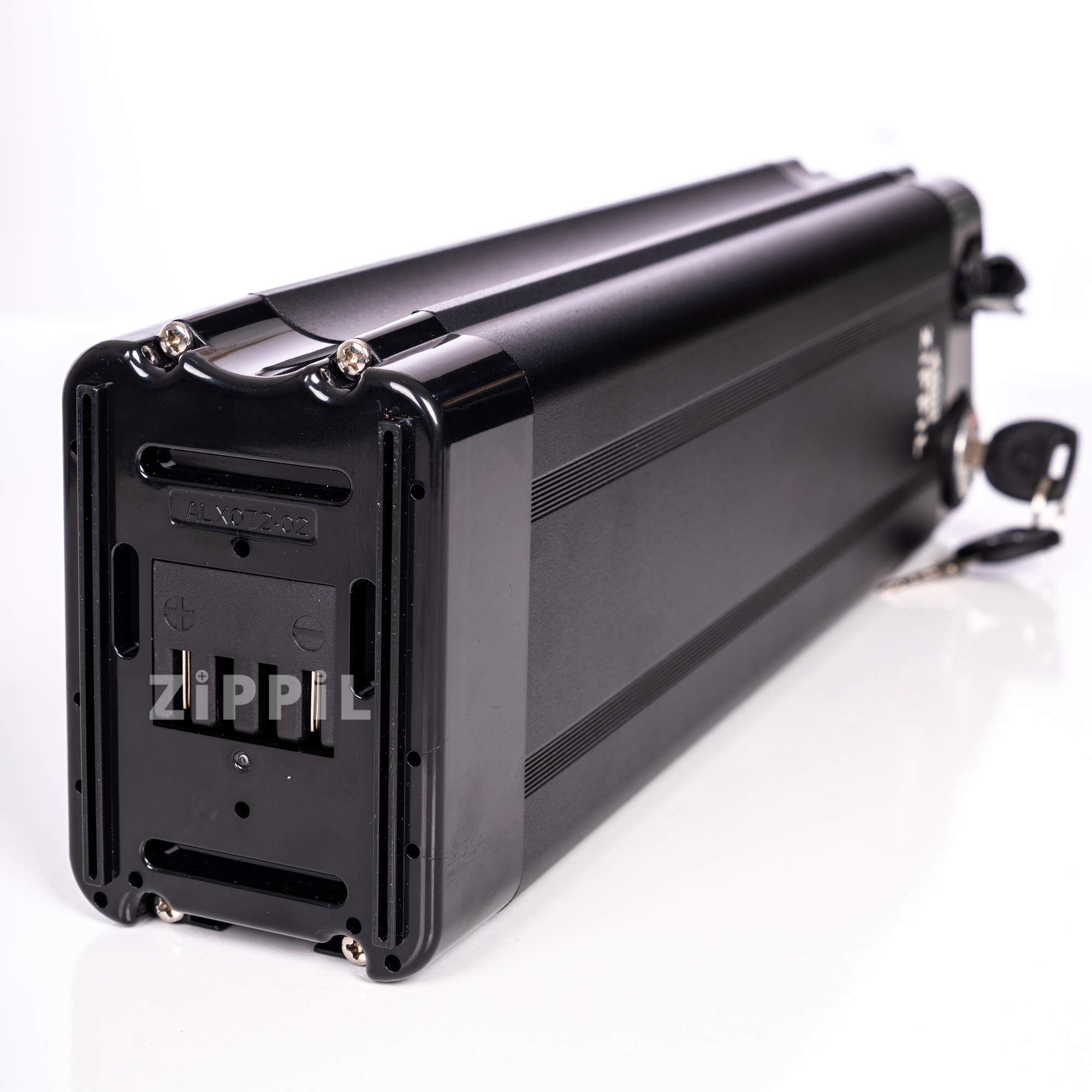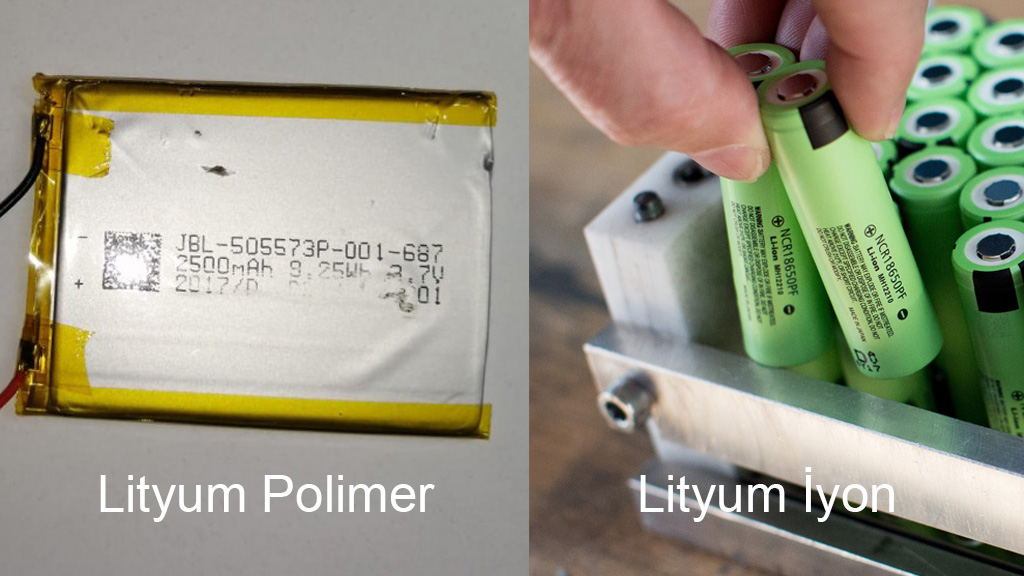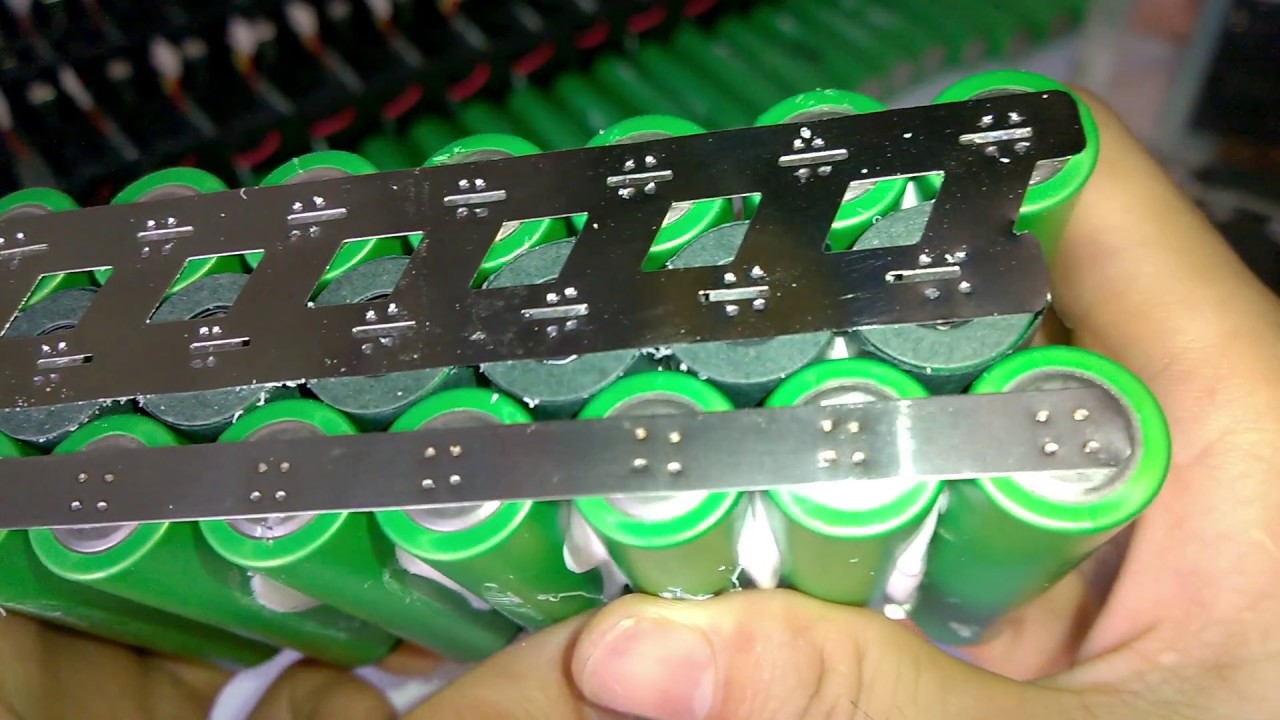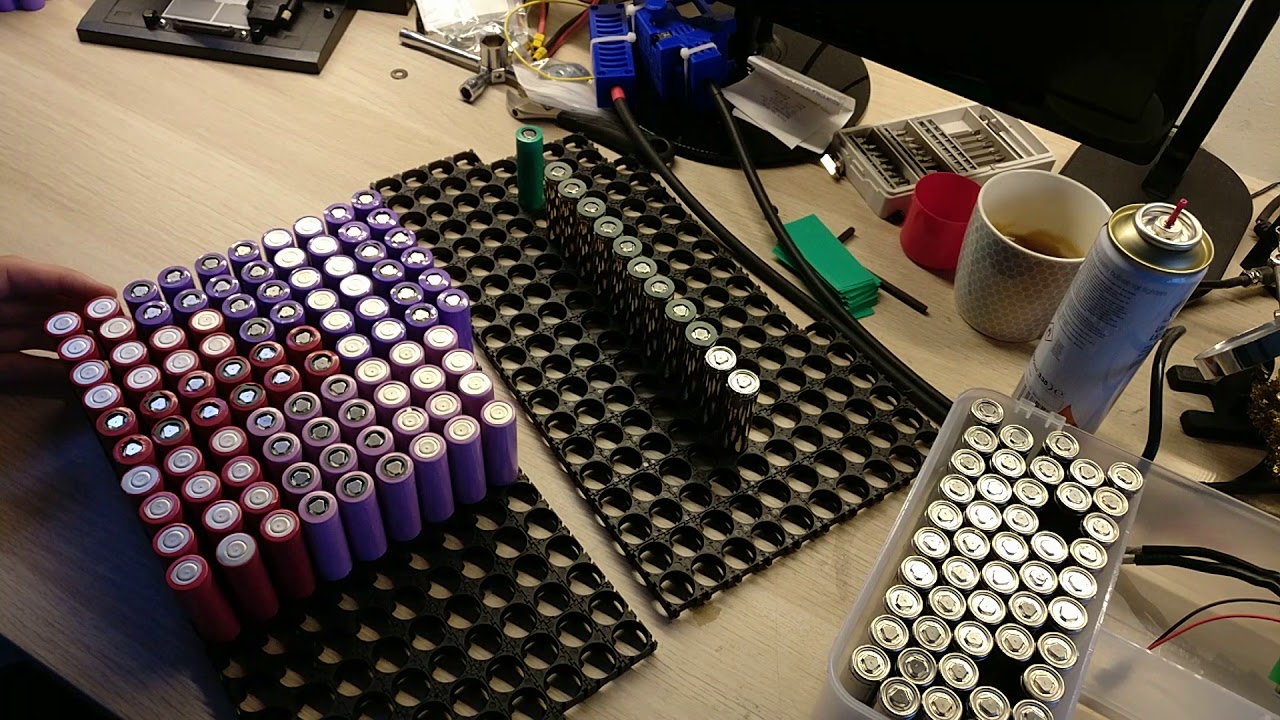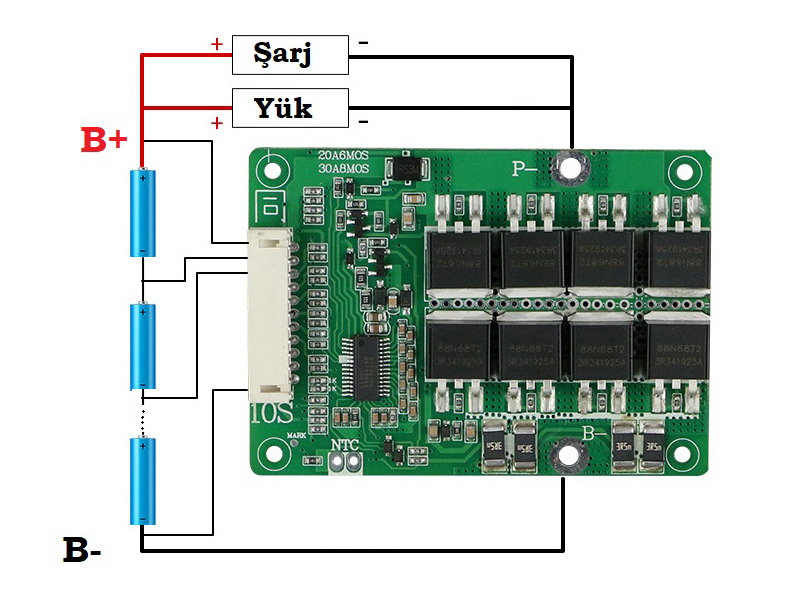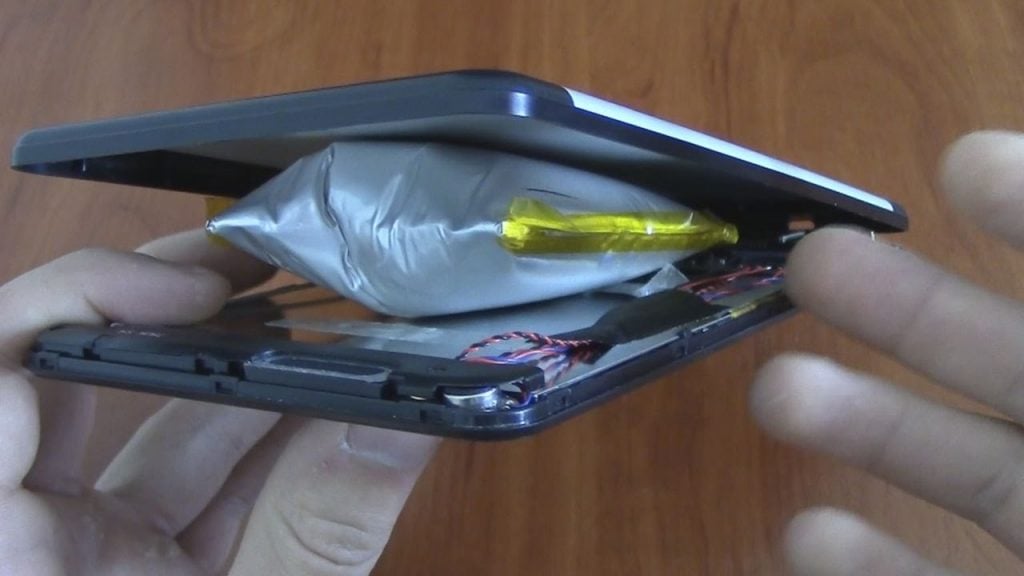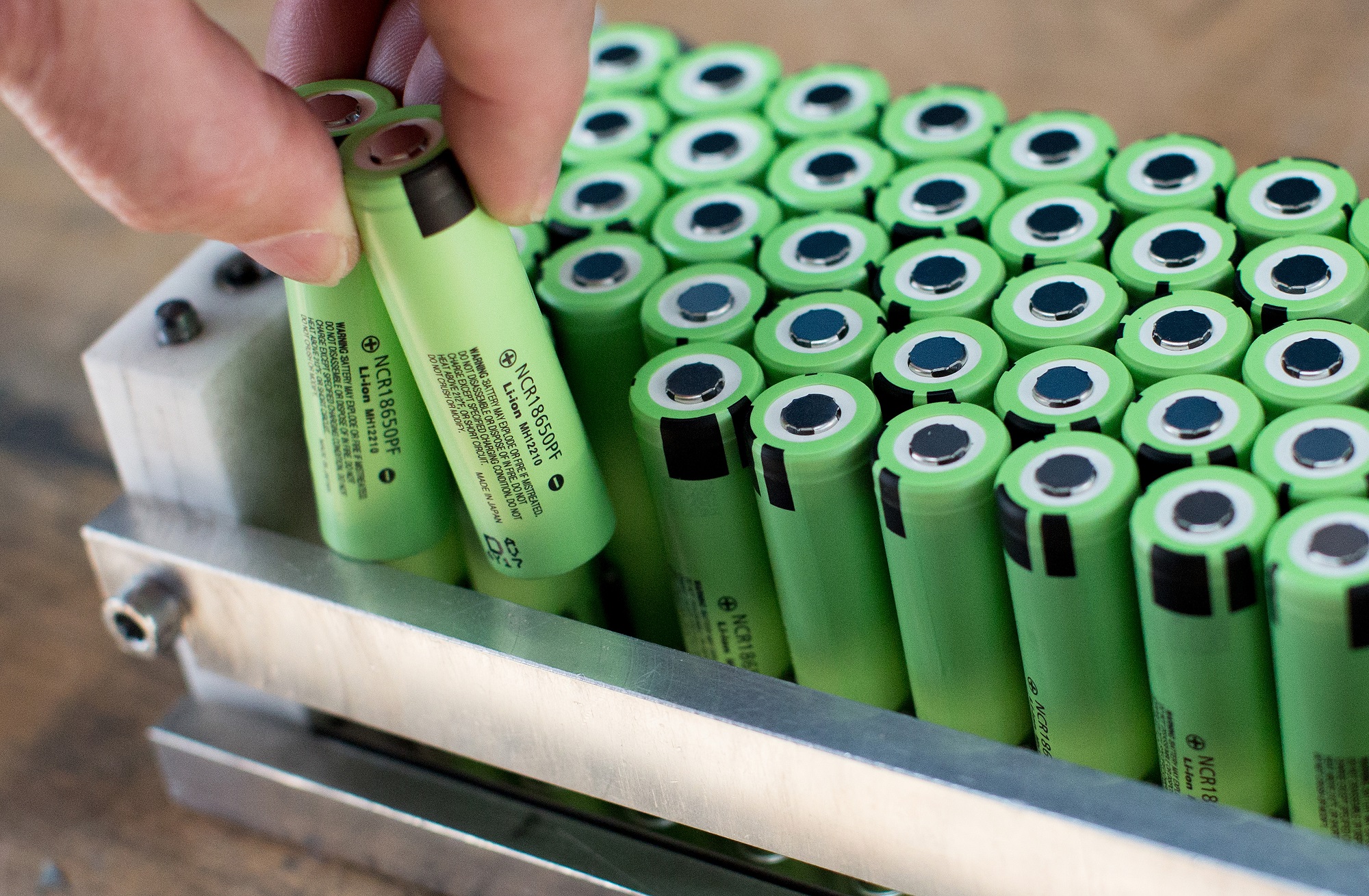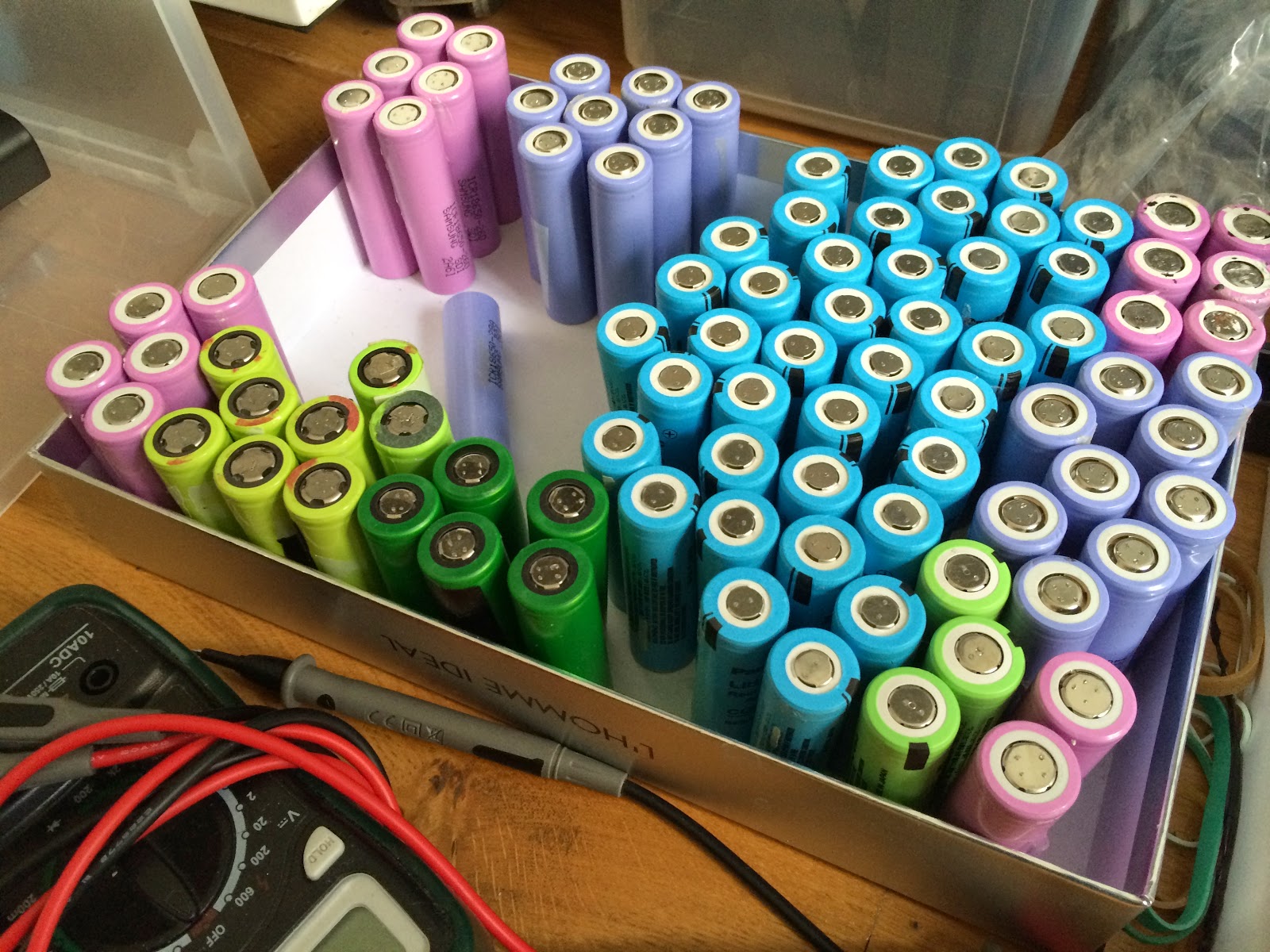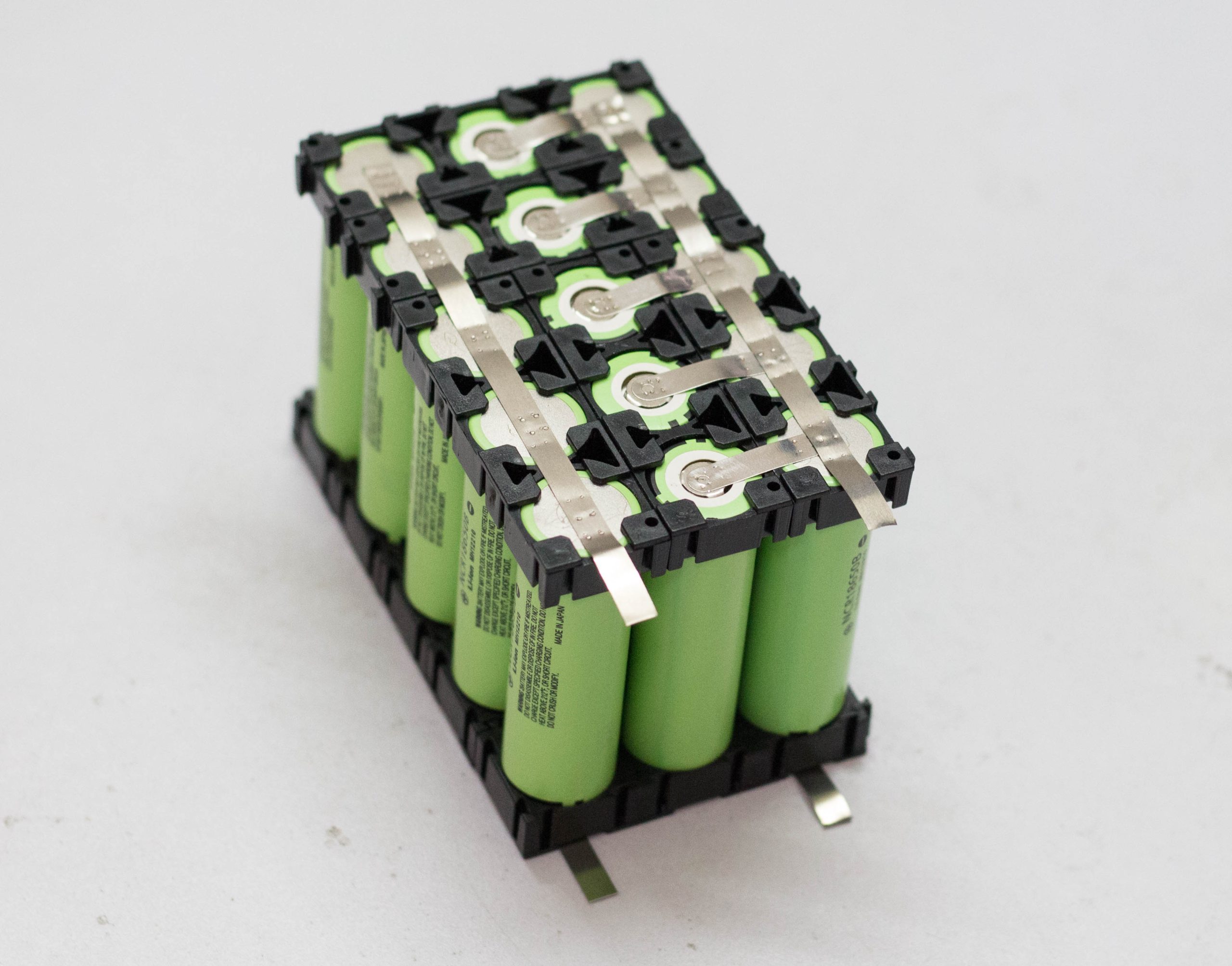What is electric bicycle empowered battery?
The empowered battery, which provides higher results for both performance and range, is empowered in two ways with battery cells and BMS card configuration compared to normal standard batteries.1) Battery Cells: Let's assume your current battery is 36V 10Ah. It contains a total of 40 celss, generally 2500mAh, 10 series...
Read More
What is the Difference Between Lithium Ion (Li-ion) and Lithium Polymer (LiPo) Batteries?
Lithium Ion vs. Lithium Polymer
Lithium Ion (Li-ion) and Lithium Polymer (LiPo) batteries are two different types of rechargeable battery technologies. Both utilize lithium-based electrochemical reactions, but there are some fundamental differences:
Type of Electrolyte:
Li-ion Batteries: Lithium-ion batteries contain a liquid electrolyte. This electrolyte typically includes organic solvents and facilitates the...
Read More
What Should Be Considered When Working with Lithium Batteries?
Lithium-ion batteries are widely used in various applications, from portable electronic devices to electric vehicles. However, it is crucial to use these batteries correctly and safely. Here are important safety tips to consider when working with lithium batteries:
Use Original or High-Quality Batteries: The quality and safety of lithium batteries depend...
Read More
Lithium Battery Repair Steps
Lithium-ion batteries are commonly used in various applications, including portable devices, electric vehicles, and many others. Over time, the performance of these batteries may decline, or issues may arise. However, by following battery repair steps, you can overcome these problems. In this article, we will discuss the basic steps for...
Read More
Identifying BMS Card Problems
Lithium-ion batteries are widely used in various applications, from portable electronic devices to electric vehicles. To ensure the safe and efficient operation of these batteries, the Battery Management System (BMS) plays a crucial role. The BMS monitors and controls the battery's voltage, temperature, charge/discharge rate, and other essential parameters. In...
Read More
Battery Swelling and Its Causes
Lithium-Ion Battery Swelling: Causes, Prevention, and Solutions
Definition of Battery Swelling:
Battery swelling refers to a condition where a battery noticeably increases in size, taking on a bloated appearance. Swelling occurs due to the accumulation of gases or chemical substances inside the battery. This issue can adversely affect the battery's use and...
Read More
Rapid Discharge Problems and Diagnosis Methods
Diagnosing and Addressing Rapid Discharge Issues in Electronic Devices
Definition of Rapid Discharge:
Rapid discharge refers to a situation where a battery depletes its energy faster than expected. For instance, if your smartphone unexpectedly runs out of battery within a few hours of being fully charged, it could be an indication of...
Read More
Causes of Capacity Loss and Identification
Managing and Addressing Capacity Loss in Lithium-Ion Batteries
Definition of Capacity Loss:
Capacity loss refers to the gradual reduction in the energy storage capacity of a battery over time. This affects how long a device can operate on a full charge or the distance an electric vehicle can travel. Capacity loss signifies...
Read More
Battery Problems and Identification
Title: Common Battery Issues in Electronic Devices and Their Solutions
Electronic devices and portable technology have become an integral part of our daily lives. These devices rely on batteries for energy storage and supply. However, battery problems can occasionally arise, impacting the performance of these devices. In this article, we will...
Read More
Lithium Battery Chemical Reactions: Charging and Discharging Processes
Title: The Chemistry and Electrochemical Processes of Lithium-Ion Batteries
The fundamental lithium battery chemical reactions occur during the charging and discharging processes, which control the battery's ability to store and release energy.
Charging Process:
During the charging process, electrical energy from an external source is applied to the battery. This causes lithium ions...
Read More


